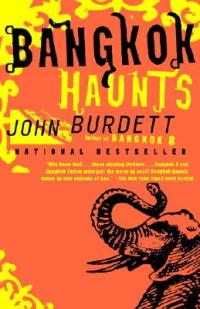The Power by Frank M. Robinson
 Thursday, January 20, 2011 at 6:10PM
Thursday, January 20, 2011 at 6:10PM 
First published in 1956, revised edition published by Tor Books on March 2, 2000
Why are some people better at survival than others? The committee overseeing a Navy project researching that question discovers that one of its members possesses the qualities of the ultimate survivor -- never ill, never stressed, impossibly intelligent -- but they don't know which one it is and the gifted member refuses to identify himself. Soon one committee member dies and another nearly commits suicide, feeling compelled by an outside force to harm himself. As the body count mounts, Professor William Tanner's only hope of staying alive is to track down and kill the man who has the power to control minds.
The Power has the feel of a thriller with elements of a horror story rather than a science fiction novel. There isn't much science; no real attempt is made to explain the individual's extraordinary abilities. As a thriller, however, the novel succeeds. It has a fast-paced, action-filled plot that keeps the reader guessing. Even if the reader manages to deduce the killer's identity, the ending is completely unexpected.
My only quibbles are these: The ending and Tanner's schemes to solve the mystery are a bit over-the-top. More importantly, at crucial moments the plot depends upon unlikely coincidences. I was willing to swallow my skepticism on both counts for the sake of plot advancement. The story is so fun that the flaws are easy to overlook. I recommend it to fans of thrillers, horror stories, and science fiction.
A final note: This 1956 novel was revised in 2000. It's not clear that the revision amounted to much more than changing the names of wars. Tanner "thumbs the starter" of a car he steals and he sees "hoods" hanging out on street corners, "hair thick with Vaseline and combed straight back, their sport coats too long in the sleeves and too big in the shoulders" -- not really a popular look for gang members in 1999 (athletic jackets, baggy jeans, and shaved heads having replaced the sport coat wearing greaser look). Also, I'm pretty sure the lunch counter was gone from the Walgreens on State Street in Chicago before 2000. Nonetheless, I didn't find the inconsistent revisions to be a significant distraction from the story.




